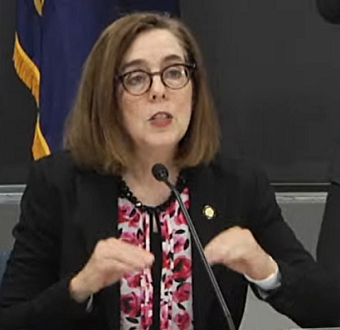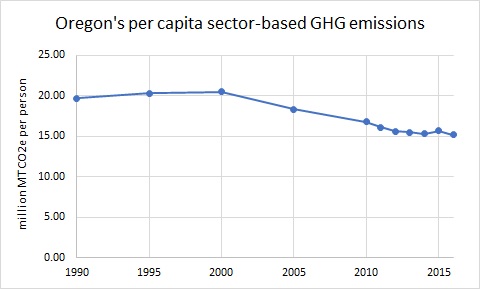





| Benton County Republicans’ Private Fundraising Event, “Bent-on Boots and Bling” with Trey Taylor |
| Friday, September 5, 2025 at 5:00 pm |
| Featuring Trey Taylor Music Private Event Friday, September 5, 2025 5:00-5:30 pm VIP Reception 5:30-8:00 pm Heavy Appetizers, Auction, Concert Red: $750 VIP Reception Front Row Table Sponsor White: $500 Table Sponsor Blue: $50 per person Limited Seating. Get Yours Now!!! Support Local Dress up: Bling, Cowboy, Patriotic Benton County Republican FUNDRAISER www.BentonGOP.org Get your tickets today at: https://www.bentongop.org/event-details/benton-county-republicans-fundraiser/form About Trey: Trey is the youngest African American Man in Country Music History. The Denver Post wrote "It's impossible to miss his enthusiasm. With a fondness for cowboy boots, gaudy colors and dazzling jewelry, Trey Taylor could stand toe to toe with any of the Pop, Country or even Rap contemporaries of his generation.“ |
| Trysting Tree Golf Club, 34028 NE Electric Rd., Corvallis |

"[T]he Governor issued Executive Order No. 20-04 [which] unilaterally set a minimum 80 percent reduction in greenhouse gas emissions for the State of Oregon, and doubled the carbon intensity reduction standard previously established by the Legislative Assembly. EO 20-04 mandates that 16 separate state agencies and commissions, including the Oregon Department of Environmental Quality and the Oregon Environmental Quality Commission, adopt rules to achieve those standards. The Governor issued EO 20-04 after the Legislative Assembly, the department of state government charged with making laws, failed in successive legislative sessions to adopt nearly identical efforts to amend the existing statutory GHG goals and low carbon fuel standards found in ORS 468A.205 and ORS 468A.266."
Plaintiffs are entitled to a judgment...declaring that:
(a) Sections 2, 3.A, and 4.C of EO 20-04 are unconstitutional because they violate Article III, Section 1, of the Oregon Constitution and/or exceed the scope of authority delegated to the executive branch under Article V of the Oregon Constitution.
(b) Section 4.A of EO 20-04 is unconstitutional because it violates Article III, Section 1, of the Oregon Constitution and/or exceeds the scope of authority delegated to the executive branch under Article V of the Oregon Constitution.

| Post Date: 2020-08-01 22:04:20 | Last Update: 2020-08-03 12:00:59 |